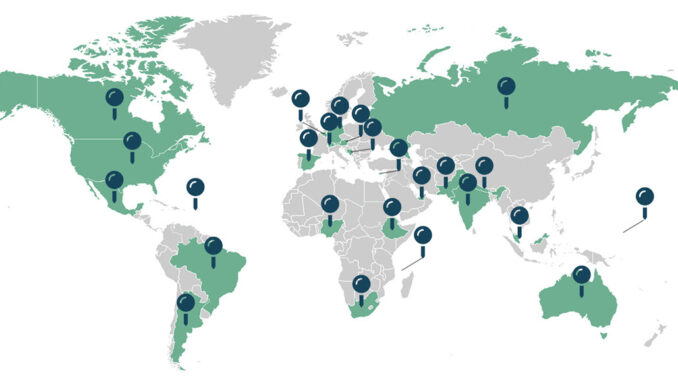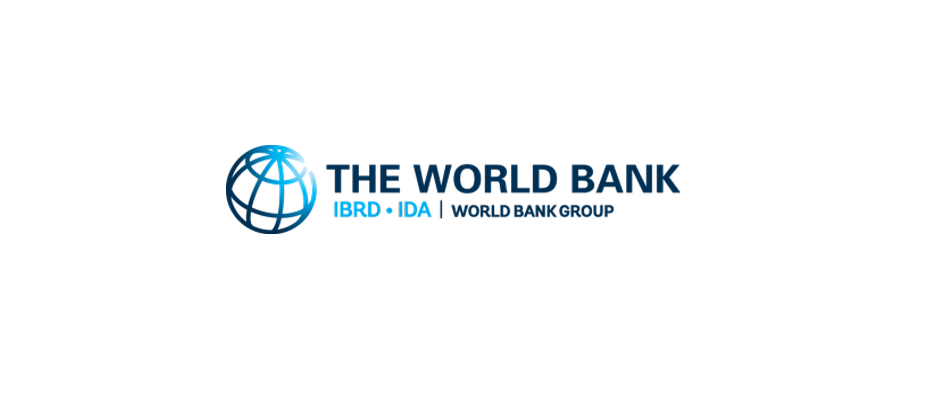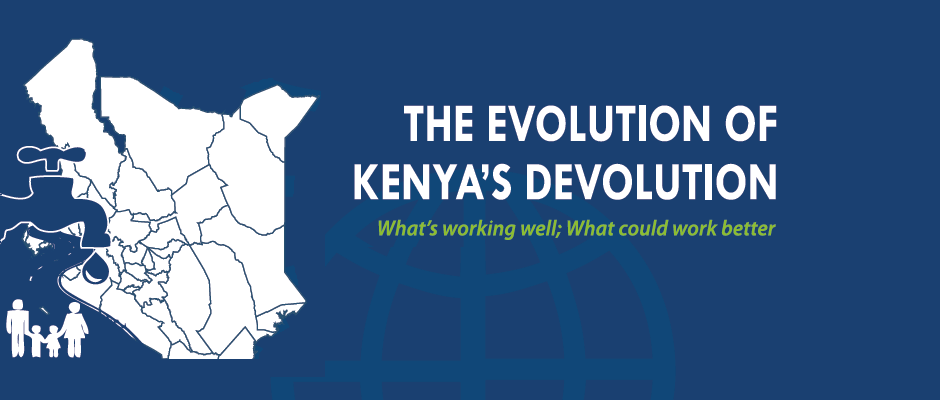
Decentralization, multilevel governance, and federalism are closely related terms. They all relate to how the public sector organizes itself across different government levels or administrative tiers. However, the term ‘federalism’ denotes a specific type of vertical governance arrangement. Although unitary (non-federal) countries can choose to pursue a wide variety of decentralization reforms, decentralization and multilevel governance are by definition important features in federal countries. So what exactly is federalism?
Federalism is a governance system of self-rule and shared rule. In other words, governance powers are divided and shared between a general government having certain nationwide, continent-wide, or worldwide responsibilities and regional governments with regional powers. This division of powers is combined with the authority to carry out those responsibilities on behalf of the people of the federal body.
The word “federal” comes from the Latin foedus which means covenant or treaty. The Federal idea or covenant (agreement) signifies a binding governance partnership among co-equals in which the parties retain their individual identity and integrity while creating a new entity in the body politic that has its own identity and integrity.
The Forum of Federations recently prepared a short animated video, “What is Federalism?” providing a basic overview of the concept and importance of federalism:
The Forum of Federations is an international organization based in Ottawa, Canada. The Forum and its partners comprise a global network on federalism, bringing together elected officials, civil servants and experts in federalism from about 20 countries to learn from each other.
Visit the Forum of Federation’s website to read the entire post: What is federalism?





